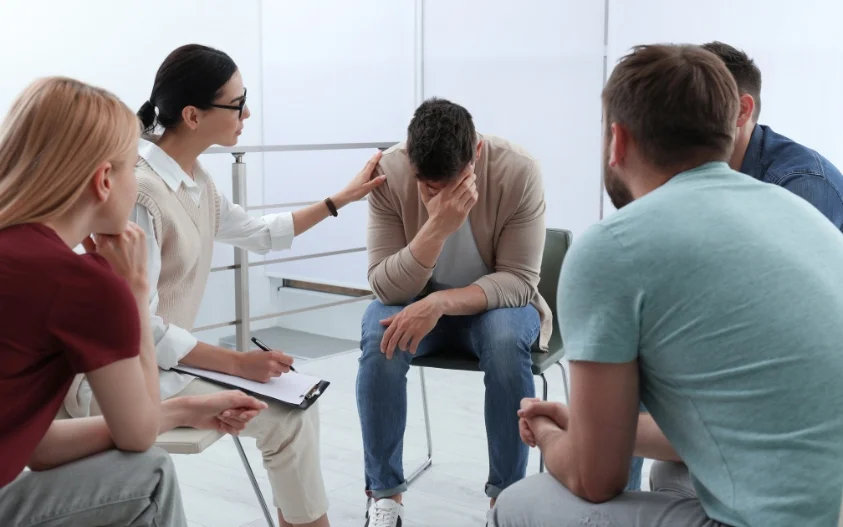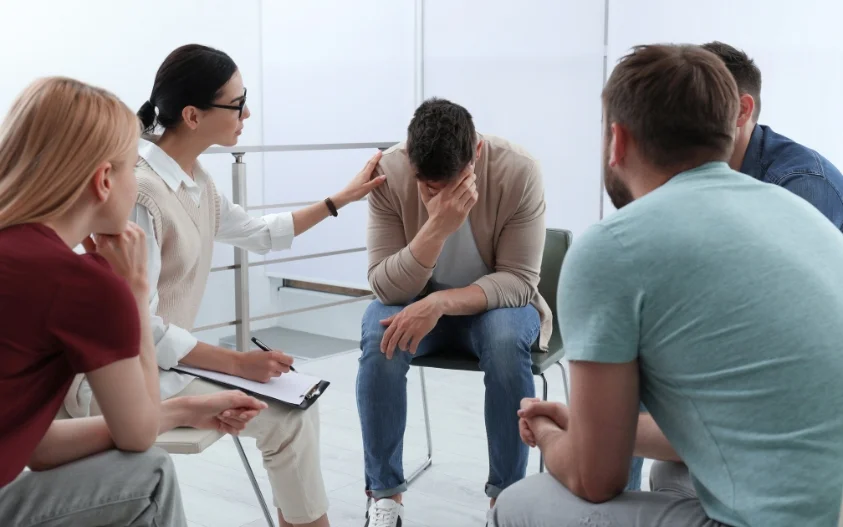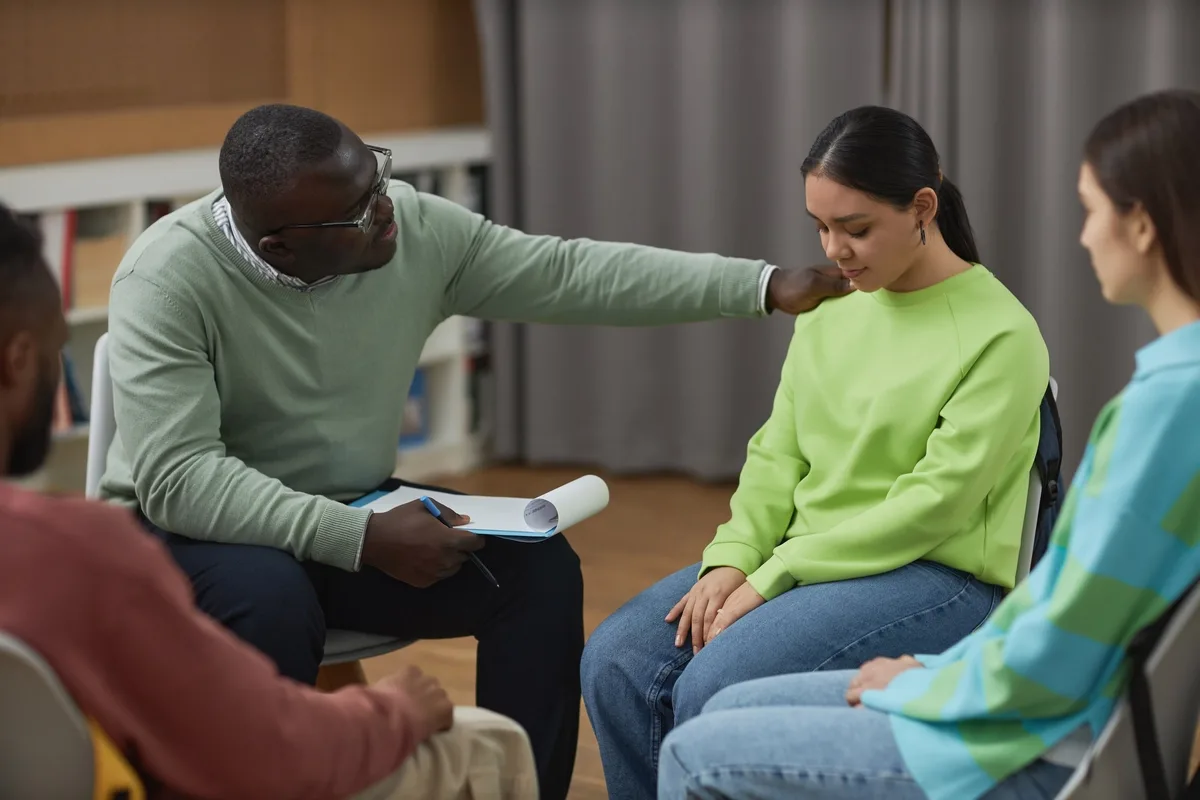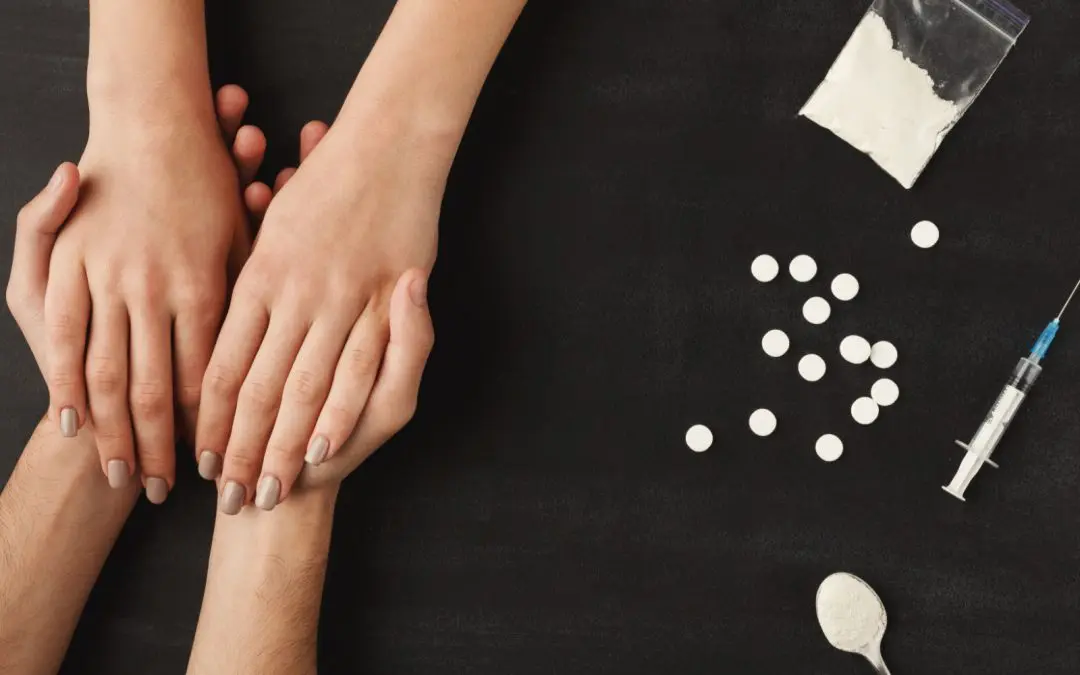24/7 Helpline:
(866) 899-221924/7 Helpline:
(866) 899-2219
Learn more about Morphine Rehab centers in Dutchtown

Other Insurance Options

Evernorth

Magellan Health

Molina Healthcare

Health Choice

WellCare Health Plans

UMR

CareFirst

Providence

Access to Recovery (ATR) Voucher

Regence

BlueCross

Health Net

Holman Group

Sliding scale payment assistance

Medical Mutual of Ohio

Optima

Optum

Carleon

CareSource

Coventry Health Care


Gibson Recovery Center – Men’s Residential Program
Gibson Recovery Center – Men’s Residential Program is a non-profit rehab located in Cape Girardeau, ...

Community Counseling Center – Lou Masterman Center
Community Counseling Center - Lou Masterman Center is a private, non-profit organization that serves...

FCC Behavioral Health – Women and Children’s Program
FCC Behavioral Health–Women and Children’s Program is an integrative drug and alcohol rehab in Cape ...

New Season – Cape Girardeau Metro Treatment Center
New Season - Cape Girardeau Metro Treatment Center is a private rehab located in Cape Girardeau, MO....







































































































Gibson Recovery Center
Gibson Center for Behavioral Change is an accredited drug and alcohol treatment rehab in Cape Girard...

Gibson Recovery Center – Hillcrest Pointe
Gibson Recovery Center - Hillcrest Pointe is a private residential treatment facility located in the...

Community Counseling Center
Community Counseling Center is a private, non-profit organization that serves individuals who are de...

AA – Alcoholics Anonymous
AA – Alcoholics Anonymous is a non-profit rehab located in Cape Girardeau, Missouri. AA – Alcoholics...

Personal Solutions
Personal Solutions is a private rehab located in Cape Girardeau, Missouri. Personal Solutions specia...

Mending Hearts Recovery
Mending Hearts Recovery is a private rehab located in Cape Girardeau, Missouri. Mending Hearts Recov...

New Vision Counseling
New Vision Counseling is a private rehab located in Cape Girardeau, Missouri. New Vision Counseling ...

Southeast Missouri Hospital – Psychiatric Unit
Southeast Missouri Hospital – Psychiatric Unit is a private rehab located in Cape Girardeau, Missour...

Community Counseling Center – Ridgeway House
Community Counseling Center - Ridgeway Center offers a intensive residential program for those indiv...

Restart Recovery
Restart Recovery offers treatment for opioid addiction by providing Medication Assisted Treatment us...













































































































